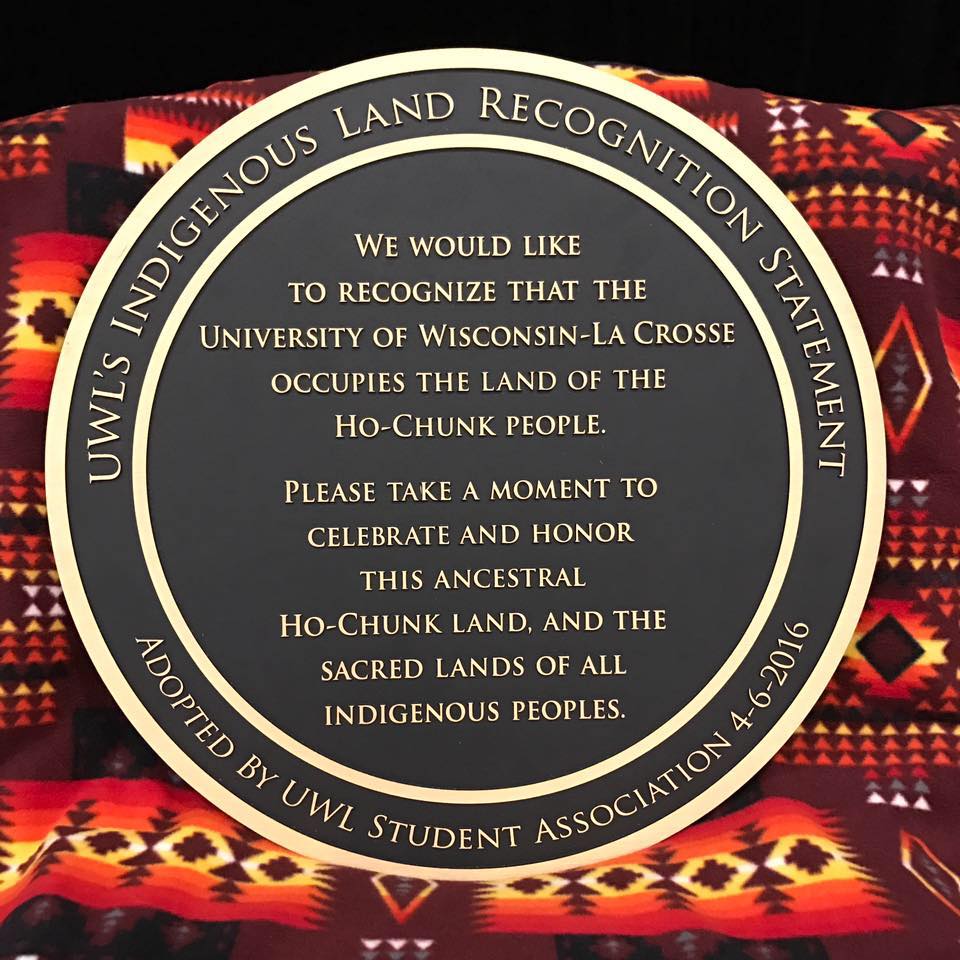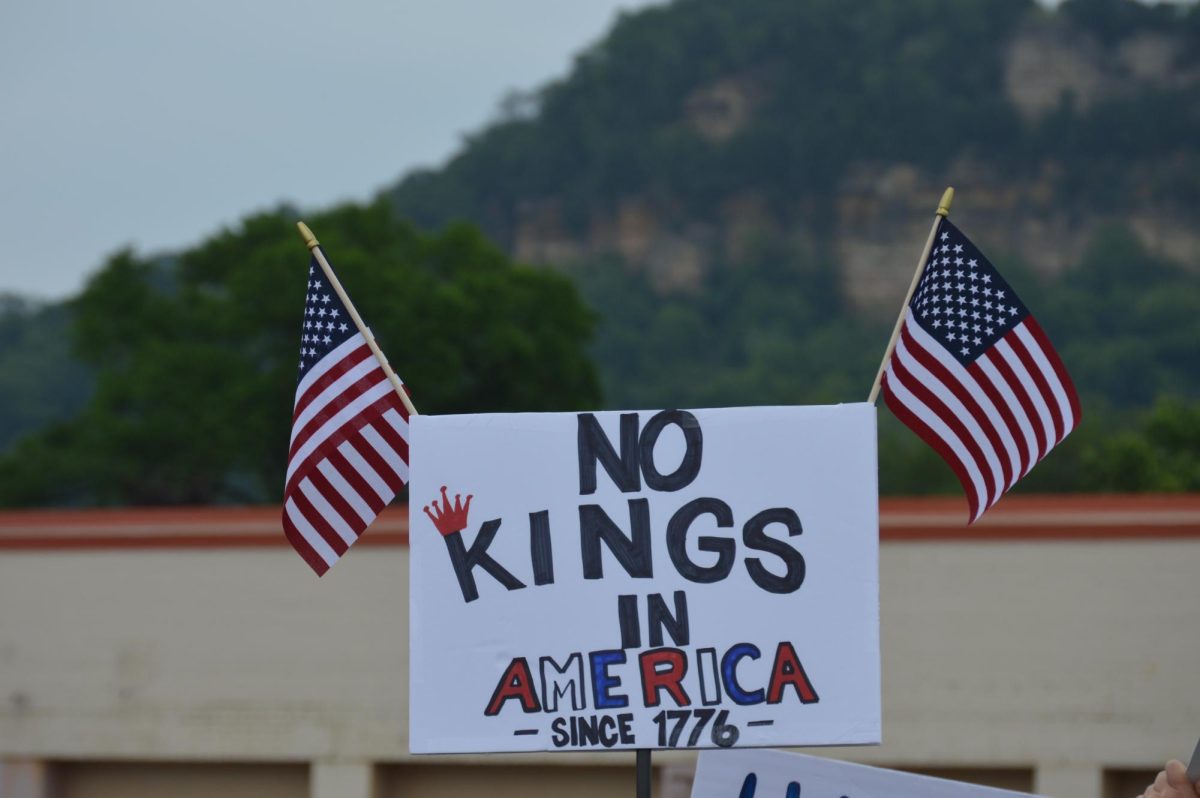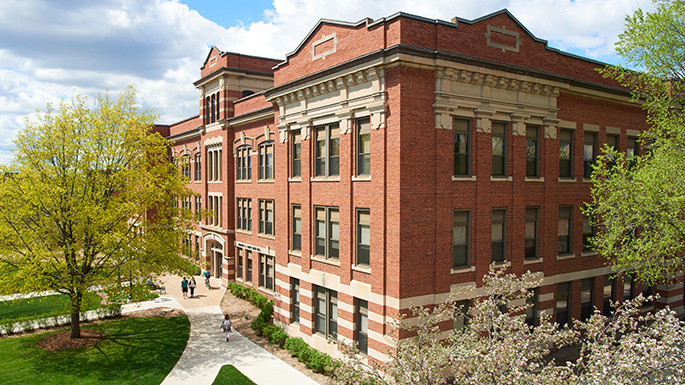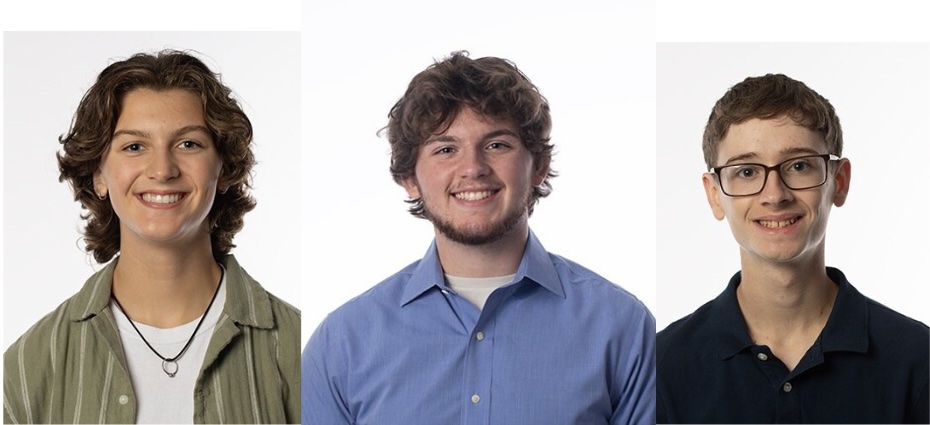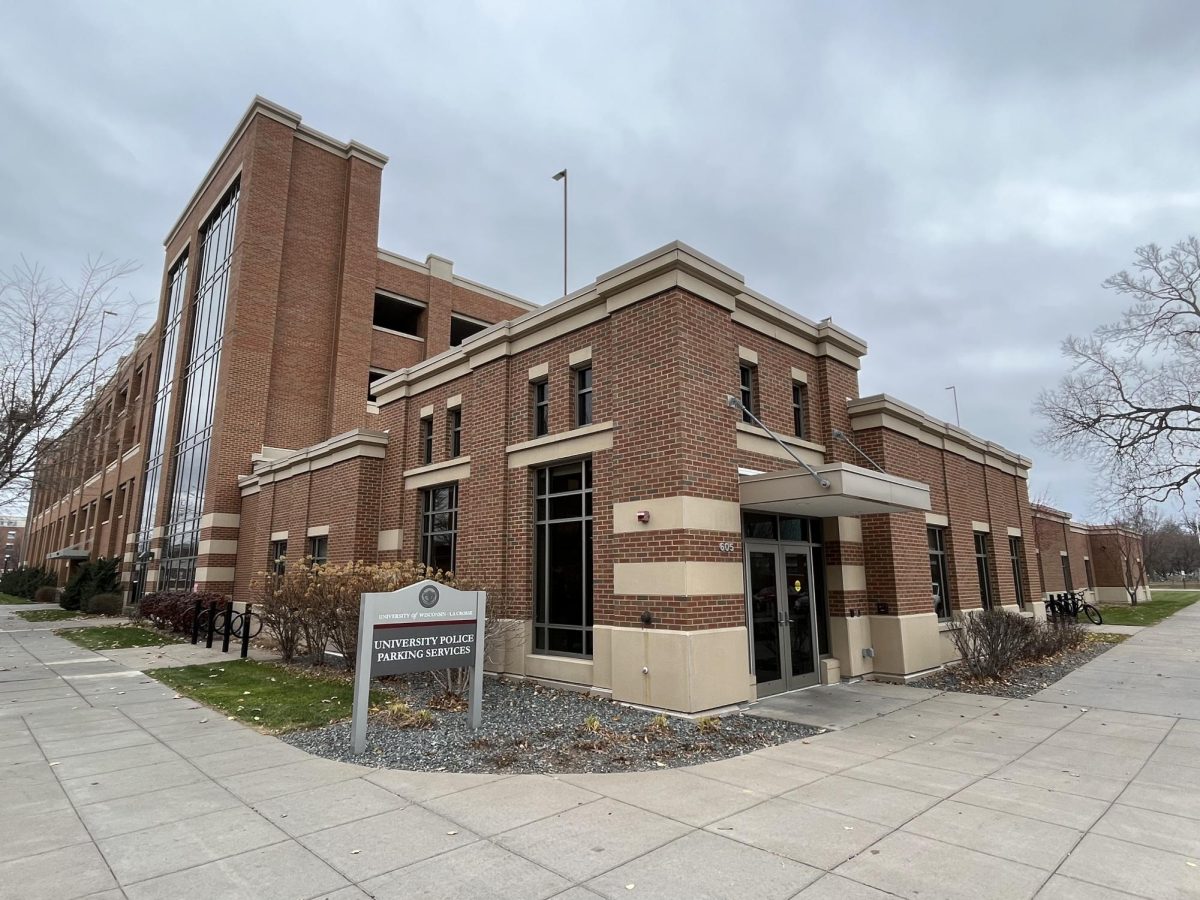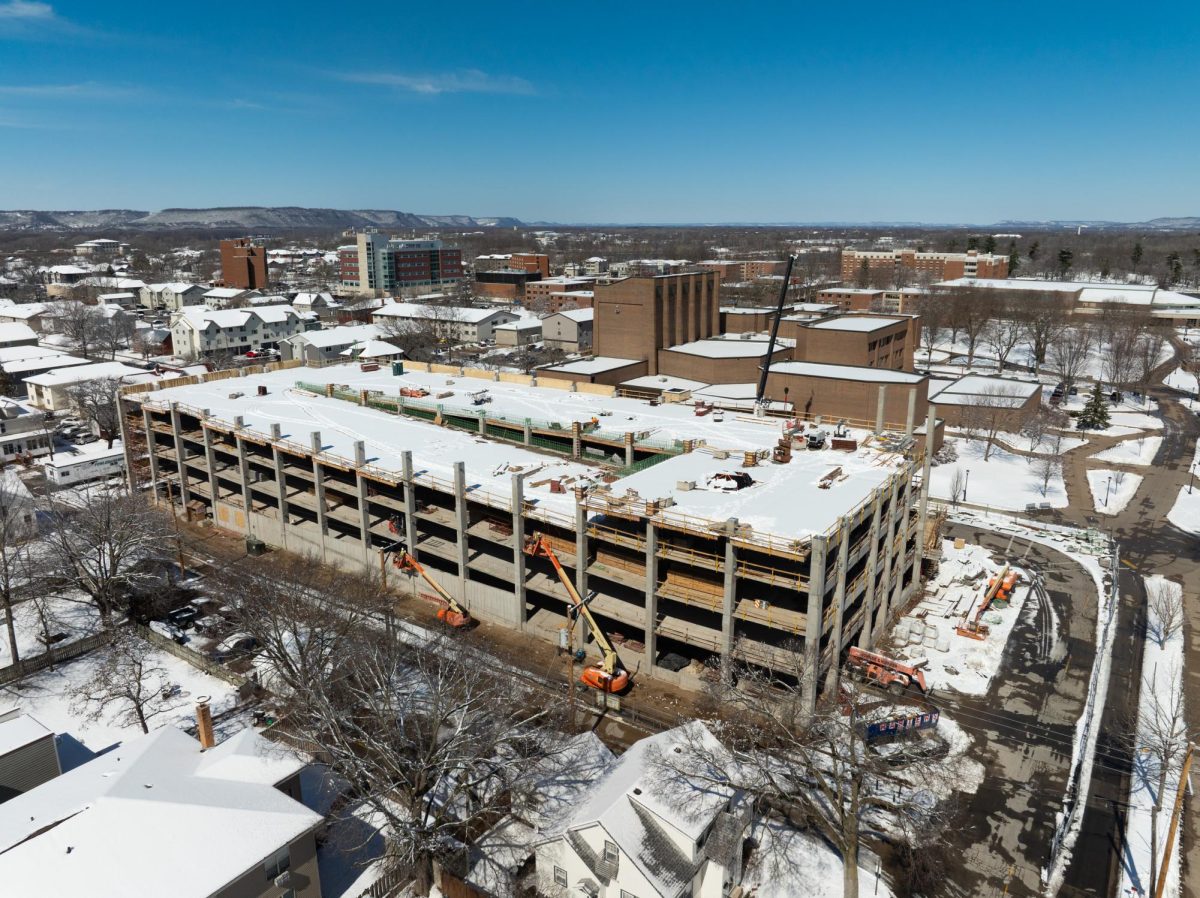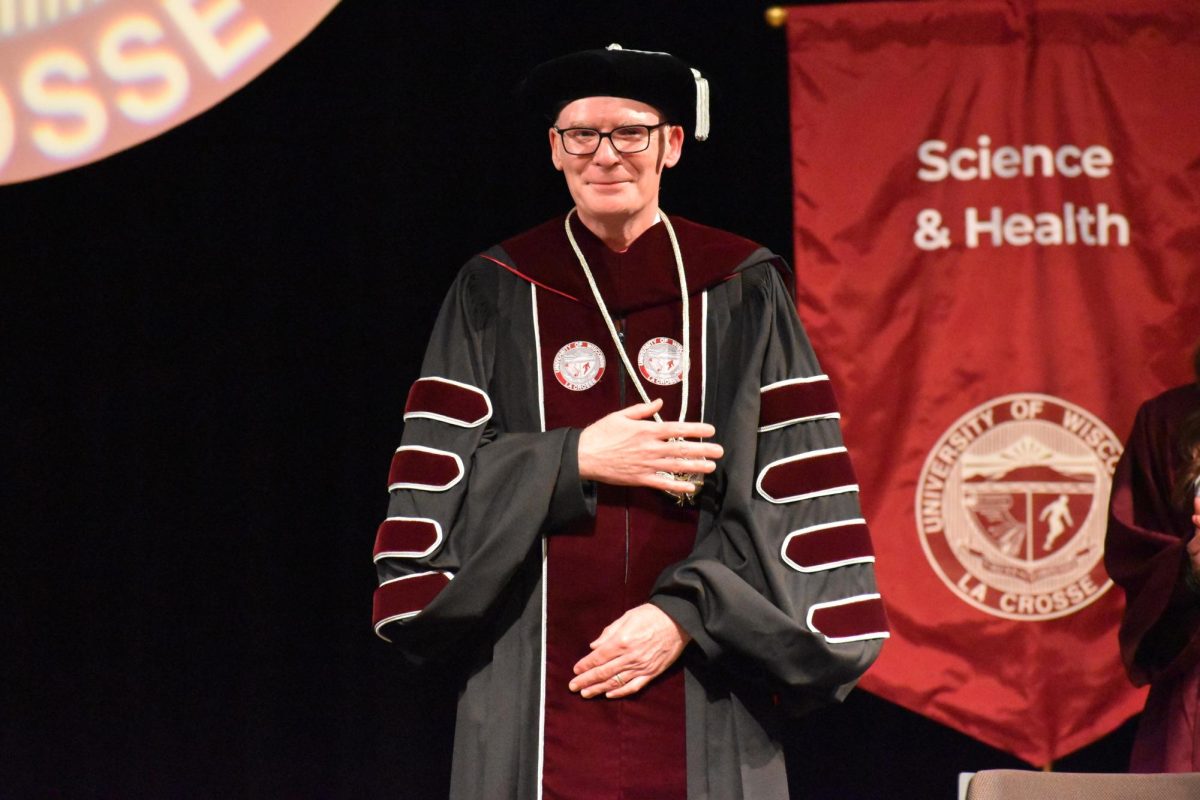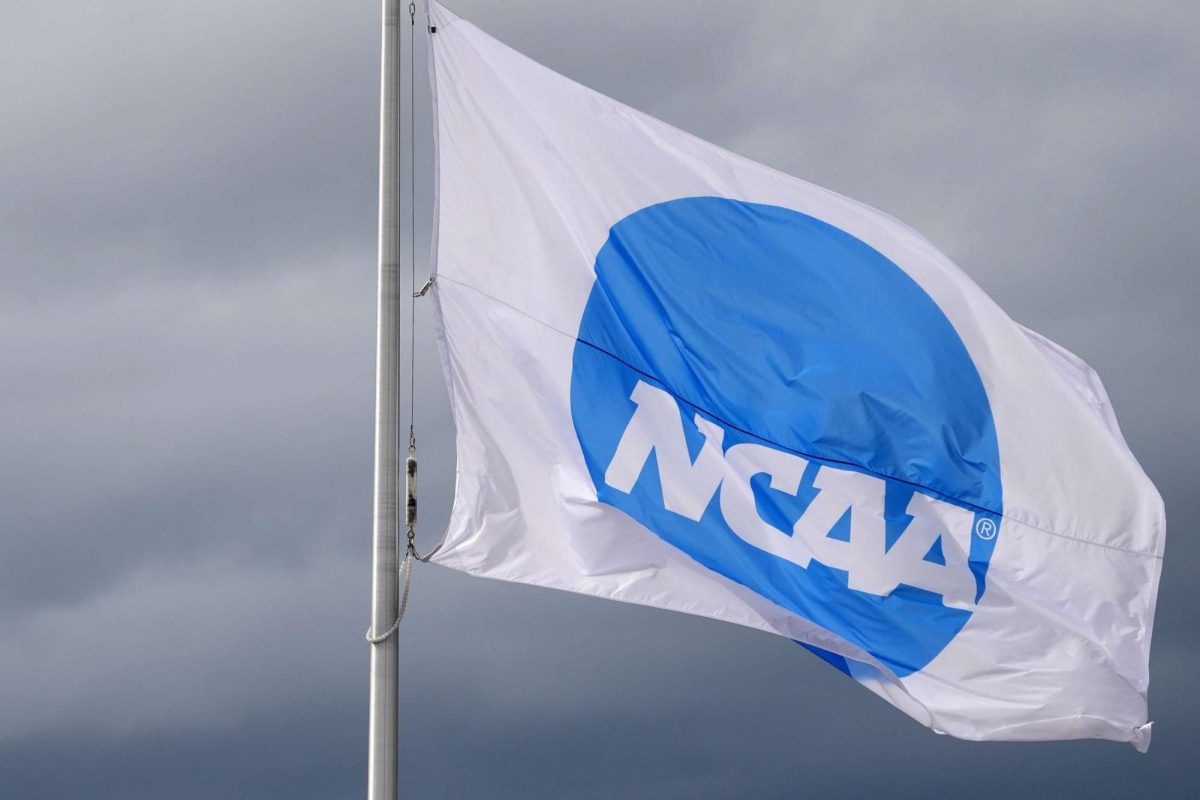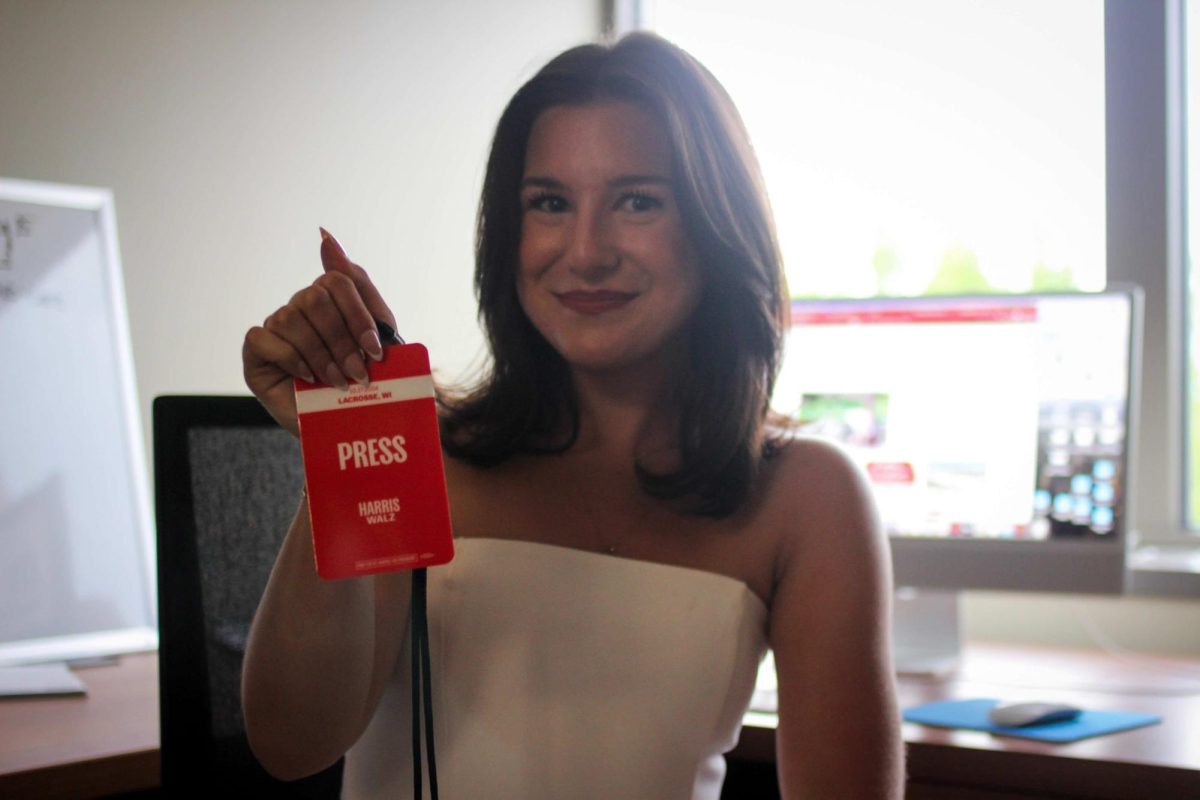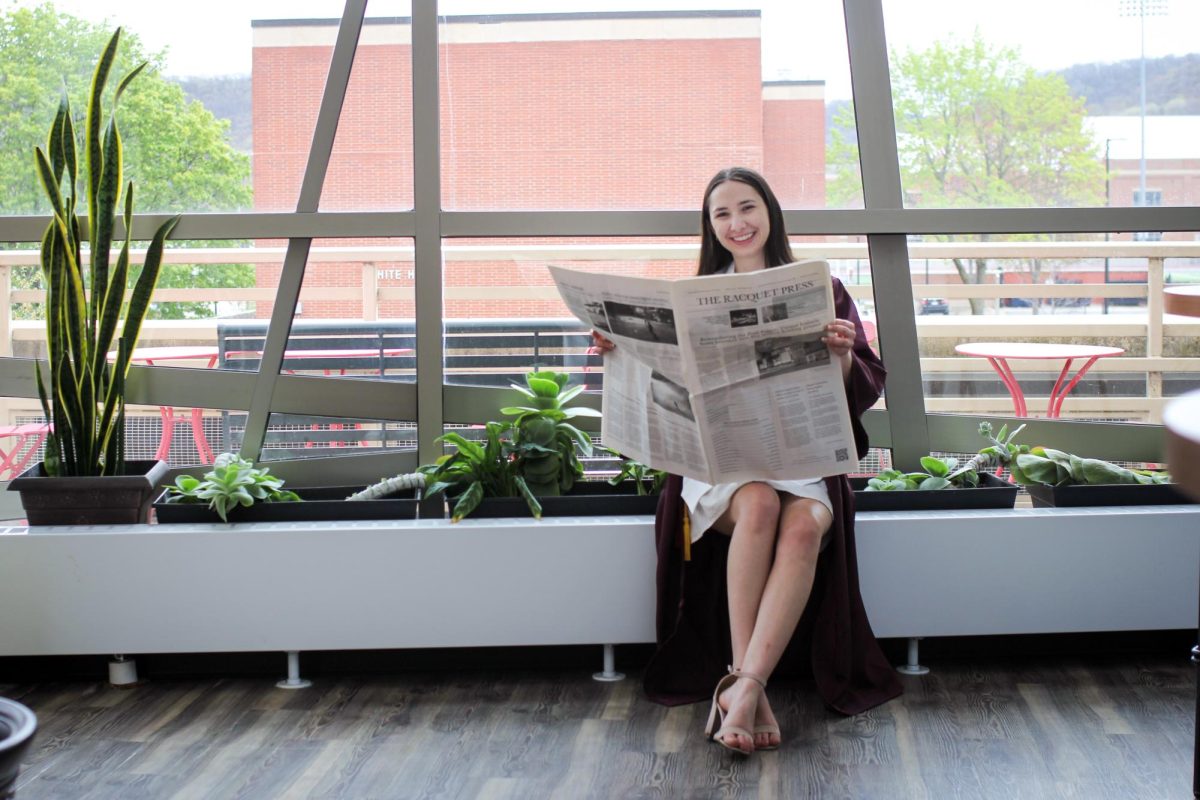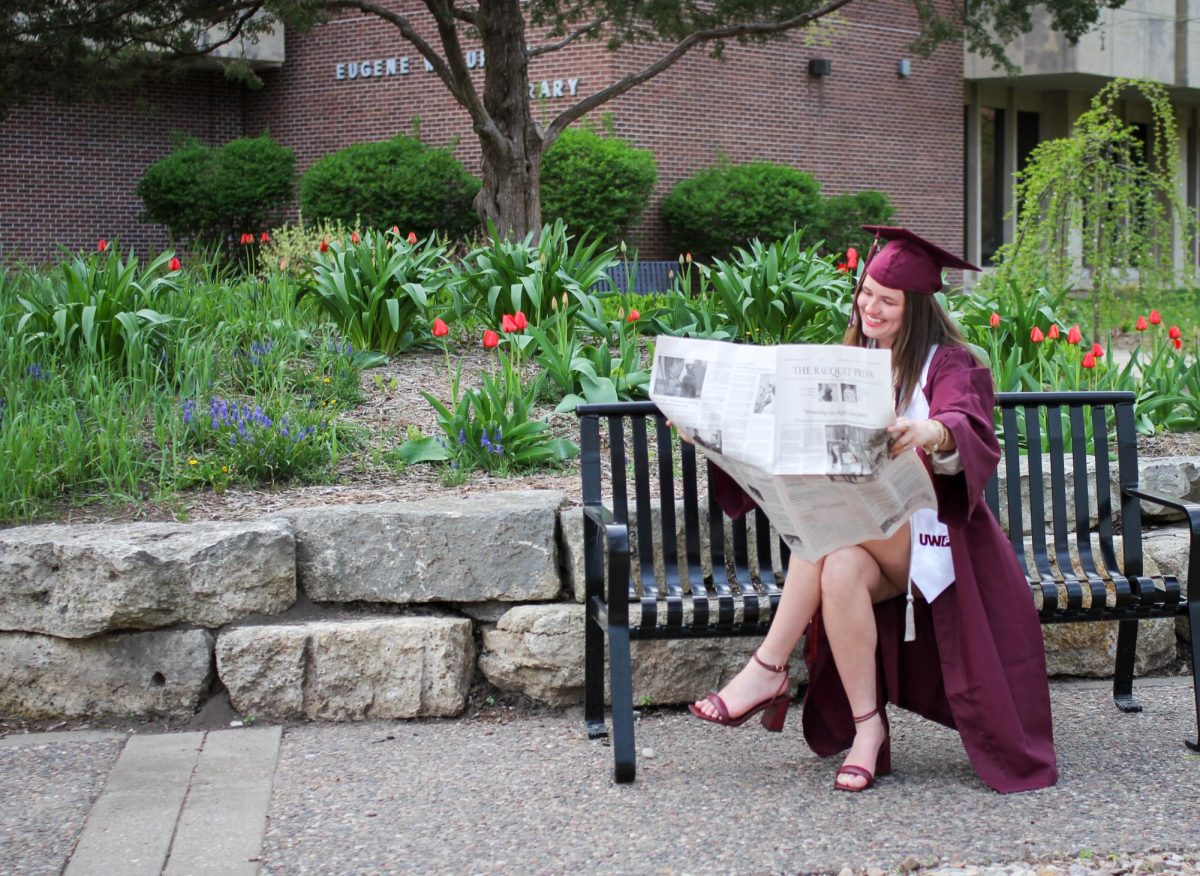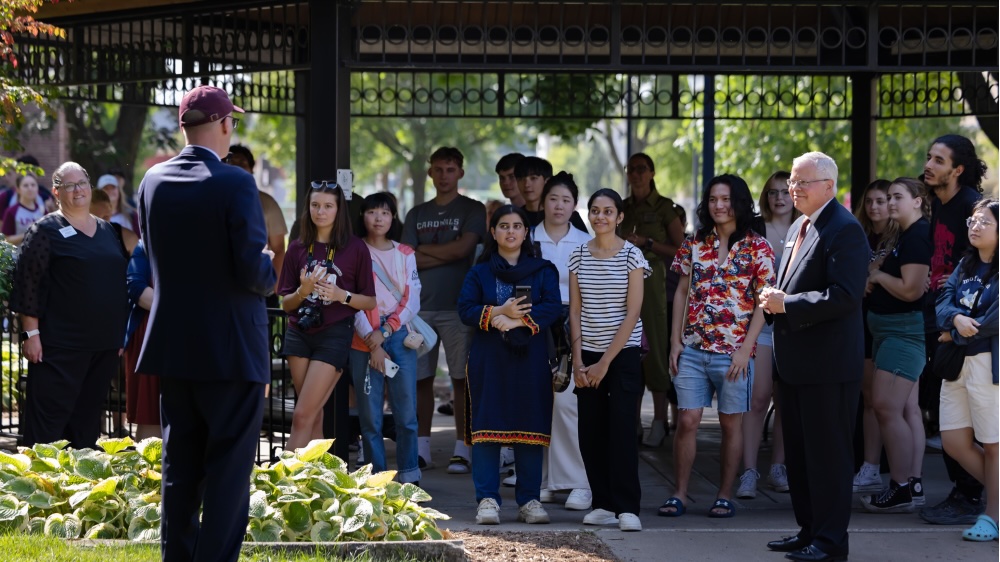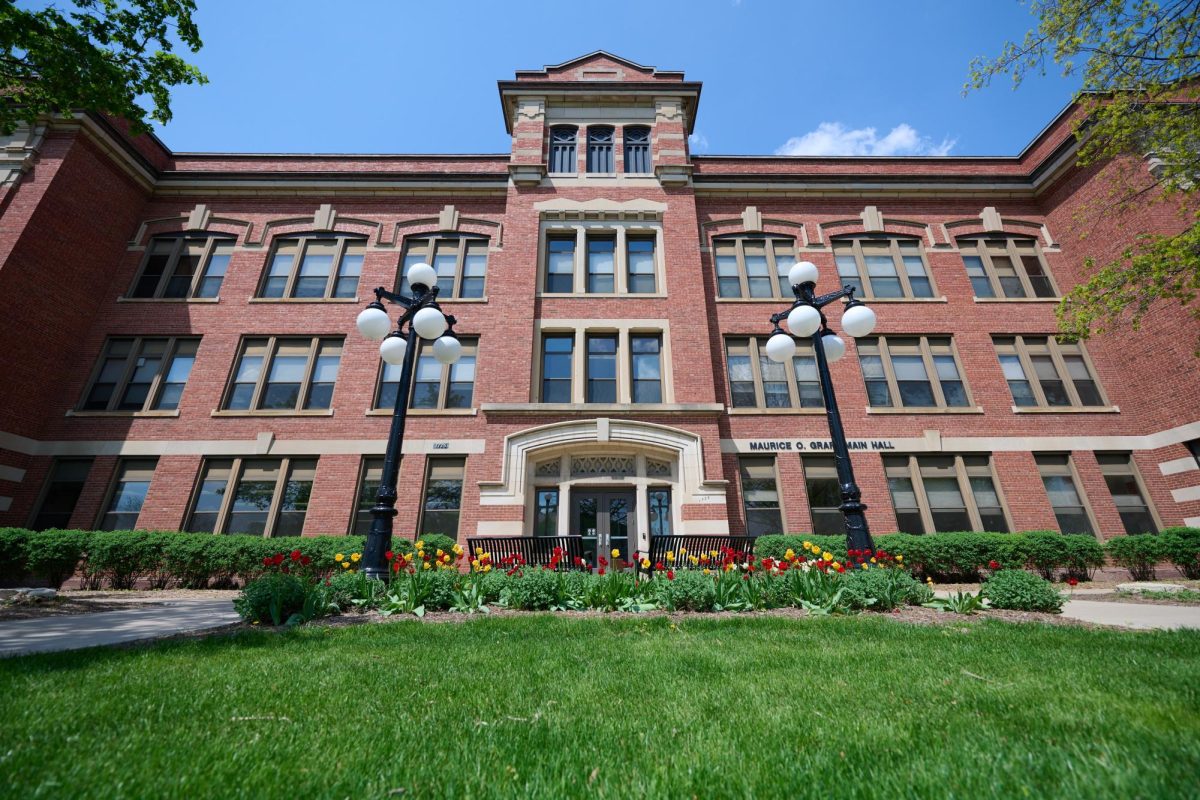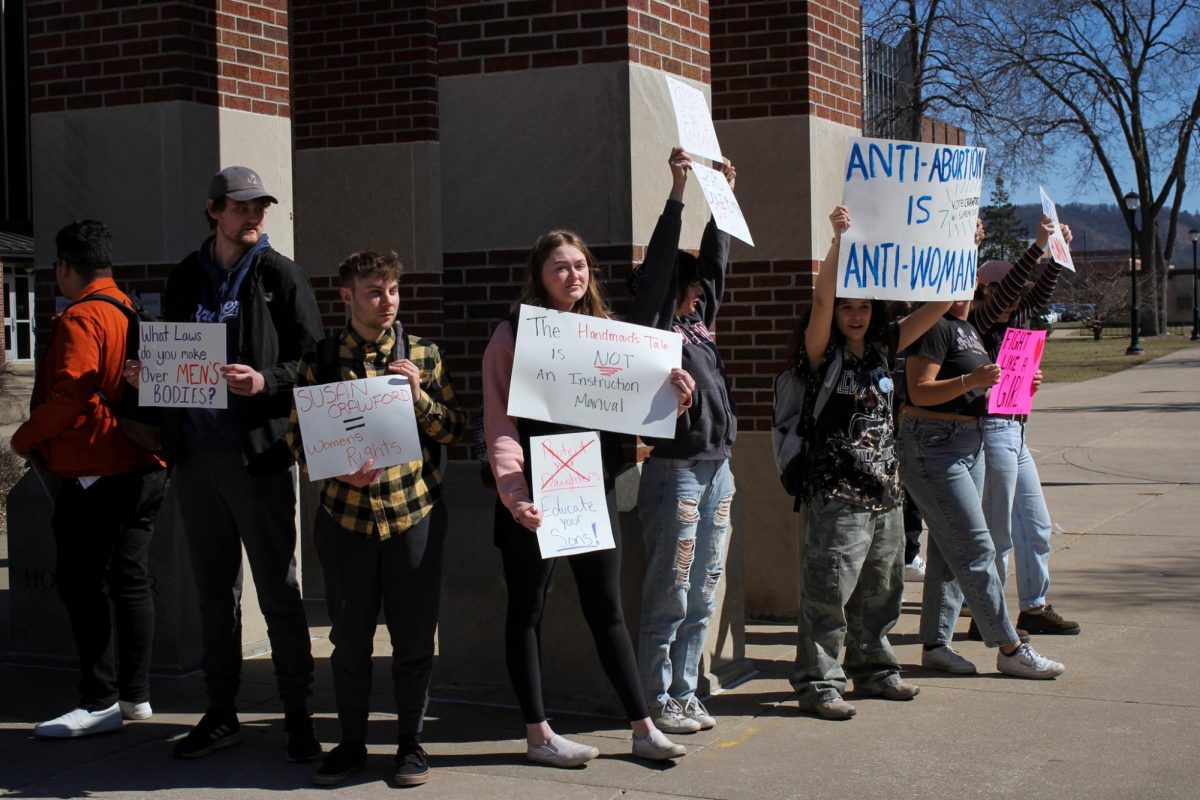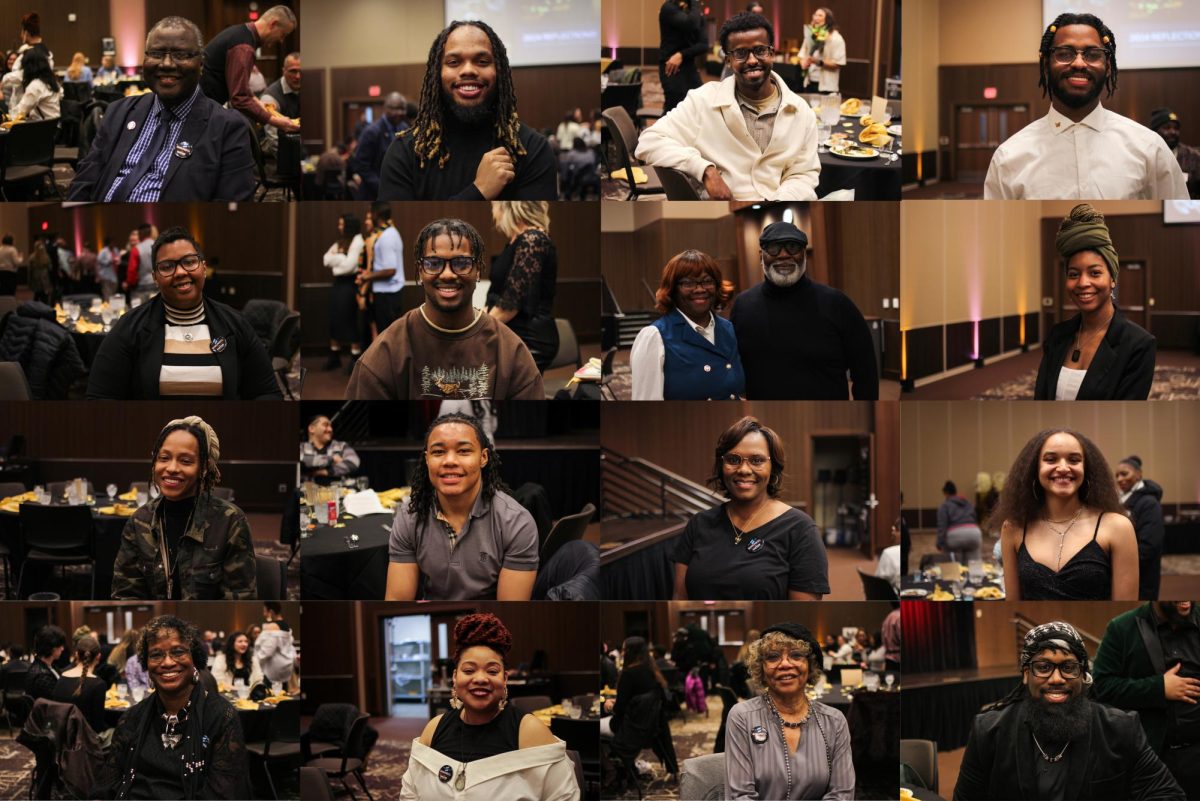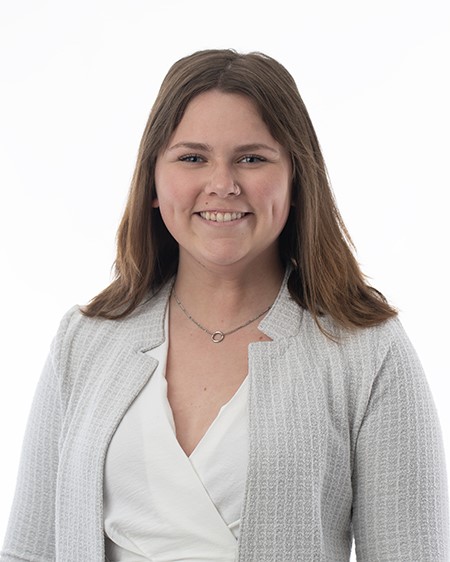Jolani Lujan (she/her) is a first-year student from the La Crosse area and a member of the Ho-Chunk Tribe. Lujan is currently an undeclared major, a member of Asian, Latina, African, Native American Womxn (ALANA) and is trying to restart the Native American Student Association (NASA).
“My mom’s Native and my dad is not, so I did a lot of that culture and took a lot of that culture for granted, so I started missing it,” said Lujan. “I was really excited when I heard about NASA at START.”
NASA is a multicultural student organization through the Office of Multicultural Students Services, also known as OMSS. OMSS uses a holistic development approach to academic excellence, leadership and the personal/social development of African American, Indigenous/American Indian, Hispanic/Latinx, Asian American, Hmoob and biracial or multi-ethnic students at UWL.
When Lujan began at UWL this fall, she said she “looked for NASA online, but there were no declared meetings.” Lujan then asked members of ALANA about the status of NASA, and she was told that NASA had not been active for a while now. NASA disbanded during the COVID-19 pandemic and has not restarted since.
Lujan said, “That kind of disappointed me a little bit because, in my mind, why would you mention NASA when there is no Native American student organization.”
After finding out that UWL did not currently have a NASA, Lujan reached out to OMSS via email regarding starting the organization again. Lujan said, “The thing about NASA is…I don’t want to be the president; I do want to start it, but that’s a lot to take in for my first year.”
Lujan is currently in the process of restarting NASA and considers herself a representative of the organization. NASA is currently looking for more members in hopes of holding regular meetings during this upcoming spring semester.
Lujan was asked what her goals and hopes for NASA were; she said, “I want it to be a place where you can learn about Native culture while also understanding that it’s a safe place for Natives.” She continued, “It’s important for Native kids, especially at UWL, to have a place.”
Lujan said, “Having multicultural student representatives has been really helpful for me.”
Lujan, as mentioned earlier, is local to the La Crosse area and a part of the Ho-Chunk Nation. UWL occupies the land of the Ho-Chunk people and adopted an Indigenous Land Recognition Statement in 2016.
Lujan said, “There is some Ho-Chunk influence with the land acknowledgment but it just feels kind of performative in a lot of ways.” She continued, “I don’t think students truly understand why it’s important that the land acknowledgment is there or how far back that history goes.”
Lujan said [the land recognition statement] “is performative, in the sense that you can say it at people but people aren’t really listening to it.” She continued, “You can’t fit in all of Ho-Chunk history there or why it’s important.”
“How are you going to say ‘yes, this is Ho-Chunk land, let’s pay our respects’ and not have a place for Natives to convene,” said Lujan.
“At the end of the day, there aren’t many Native or Ho-Chunk students that do go to college, and there is a reason for that,” said Lujan. She continued, “We need a NASA, you can’t have a Land Recognition Statement and not have a place for Native students.”
Lujan was asked what UWL could be doing better to support their Native students, staff and faculty; she said, “I would like to see UWL improve their relationship with the Ho-Chunk Nation and possibly even do more collaborations with them.”
The Ho-Chunk, Ojibwe and Sioux frequented the La Crosse area more than 1,000 years before French settlers arrived according to the Wisconsin Historical Society. According to the Wisconsin First Nations, the Ho-Chunk Nation owns land in 14 counties in Wisconsin, including La Crosse.
“Native people still exist, we’re still here,” said Lujan.
Lujan is spending the rest of the fall semester working on preparation for reassembling NASA with OMSS. Lujan hopes that NASA will have a table during the spring semester Involvement Fest and regular meetings for members.
Lujan, and NASA, are looking for students interested in joining the organization and for students interested in becoming members of the NASA Executive Board. You do not need to be a member of a Native Nation to join NASA; all are welcome to join and learn about Native culture, traditions and history.
If any students are interested in forming or joining NASA, they can reach out to Jolani Lujan at [email protected] or OMSS. OMSS can be found on the first floor of Centennial Hall, in room 1101. You can also email OMSS at [email protected].

